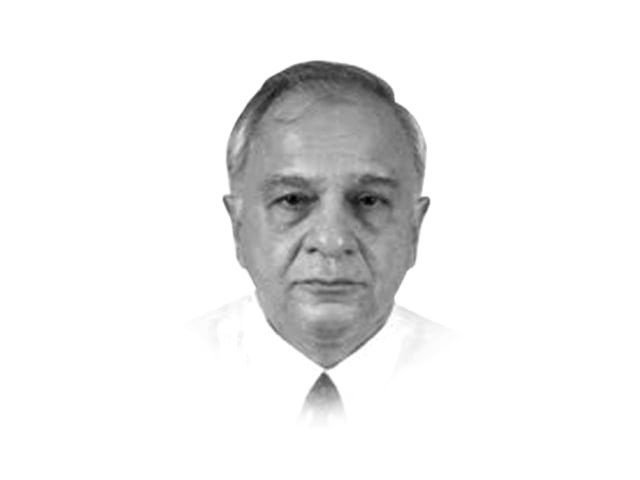Escalation of violence
As we approach 2014, Pakistanis will face increasing attacks in Fata, Khyber-Pakhtunkhwa, Balochistan and Karachi.

Some indications are available from recent military activity in Kandahar and Helmand provinces in Afghanistan, as well as the expansion of drone attacks into Tirah — which is situated about 25km west of Peshawar. These two policies clearly indicate that General Petraeus has been given the go ahead to use the full muscle of the ‘surge’ strategy and stabilise the hot spots of Taliban militancy by force and to hit their safe havens in Fata.
Thus, all bets are off and if the nature of current operations is an indicator, we are likely to see an escalation of violence by Nato in the region before it departs in 2014. There are already reports of demolition of homes and habitations around Kandahar and in Helmand. This, coupled with night operations by Special Operations Forces on Afghan homes is a sure recipe for making enemies and not friends. Thirdly, Pakhtuns do not react generically to violence — something that escapes many analysts — they react within their tradition, according to which one becomes a lesser Pakhtun if a wrong done to one, is not avenged. Honour demands revenge. This may have increased the pressure on the militants but such operations cause a backlash. The surge will be of no avail in the final analysis.
On the Pakistani front there has been an escalation in drone attacks against safe havens of militants. This escalation was in two parts. It began with an exponential increase in the number of drone attacks on North Waziristan in the last four months, particularly in Mirali and Datta Khel tehsils. Apparently, there appears to be an Ibrahim Khel and Daur tribe centrality in this resistance and their association with the Haqqani network.
However, what should be a matter of deep concern to us is the escalation of the drone war to Afridi Tirah, only a few miles from Peshawar. According to available information, there have been four drone attacks so far in Tirah on December 16 and 17. These attacks were followed by helicopter gunship sorties that destroyed homes, killed about 55 people and injured many more. There were 25 collateral deaths.
The intervention in Tirah indicates Nato’s as well as the Pakistan military’s resolve to secure the Nato logistic supply line through Khyber. It has been the target of frequent attacks. As we approach 2014, Pakistanis will face increasing attacks in Fata, Khyber-Pakhtunkhwa, Balochistan and Karachi.
It is, thus, advisable for parliament to review the situation and monitor the implementation of the joint resolution passed on October 22, 2008 — increasing attacks on Pakistani territory will cause many problems and will cause a political crisis in the days to come.
Published in The Express Tribune, December 22nd, 2010.

1724319076-0/Untitled-design-(5)1724319076-0-208x130.webp)

















COMMENTS
Comments are moderated and generally will be posted if they are on-topic and not abusive.
For more information, please see our Comments FAQ